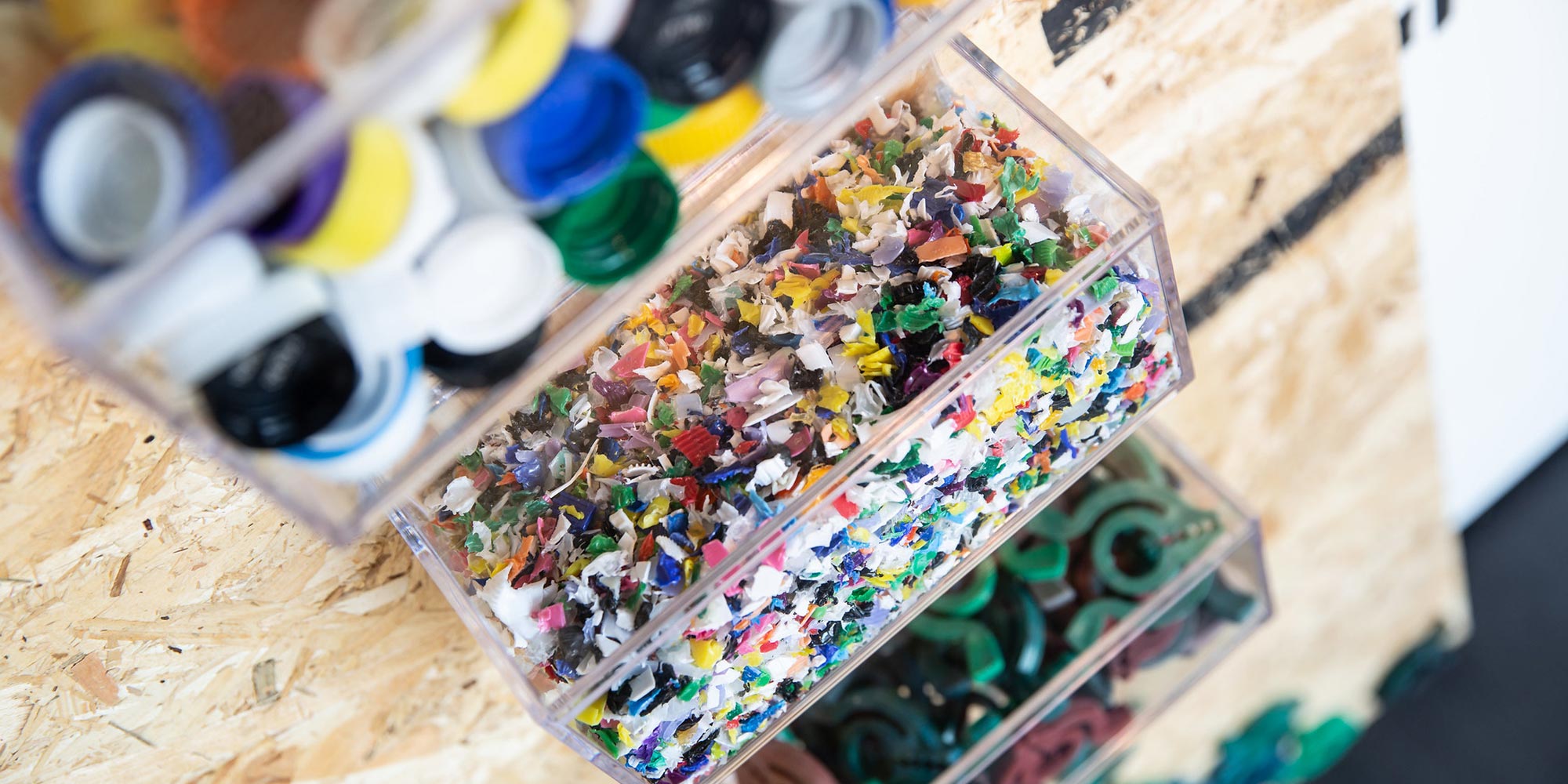by Ana-Maria Carabelea, Communications Manager Regional S+T+ARTS Centers
The climate crisis is on every agenda more than ever before, from politicians to the private sector and citizens. For many countries around the world, becoming carbon-neutral has become the goal for the next decades. In 2019, the European Union published the EU Green Deal, setting the goal for the continent to become carbon neutral by 2050, the first continent to make that pledge.
Reshaping existing linear economies and value chains into circular ones is the road leading to carbon neutrality. Implementing such economies calls for significant changes in society. A report published by Springer Link last year warns that a circular economy requires “radical innovations, consumer education and most importantly political willingness.” Only a synchronised, concerted effort in all these areas can bring us closer to a circular economy that breaks the moulds of our existing practices and eventually leads to carbon neutrality.
To address this, Ars Electronica has partnered with Greiner Innoventures to host a fellowship as part of Repairing the Present – a project funded by the European Commission as part of its S+T+ARTS initiative – titled Circular Futures. Greiner is one of the world’s leading suppliers of plastics and foam solutions, and Greiner Innoventures is their response to the need to accelerate innovation. For the duration of the fellowship, one artist will become part of the design and development process of a prototype that proposes changes in how we manufacture, use, and dispose of plastic. We spoke to Maria Molina, Head of Corporate Foresight at Greiner Innoventures about their approach to innovation, what they expect from the collaboration with artists, and their view on what the future holds.
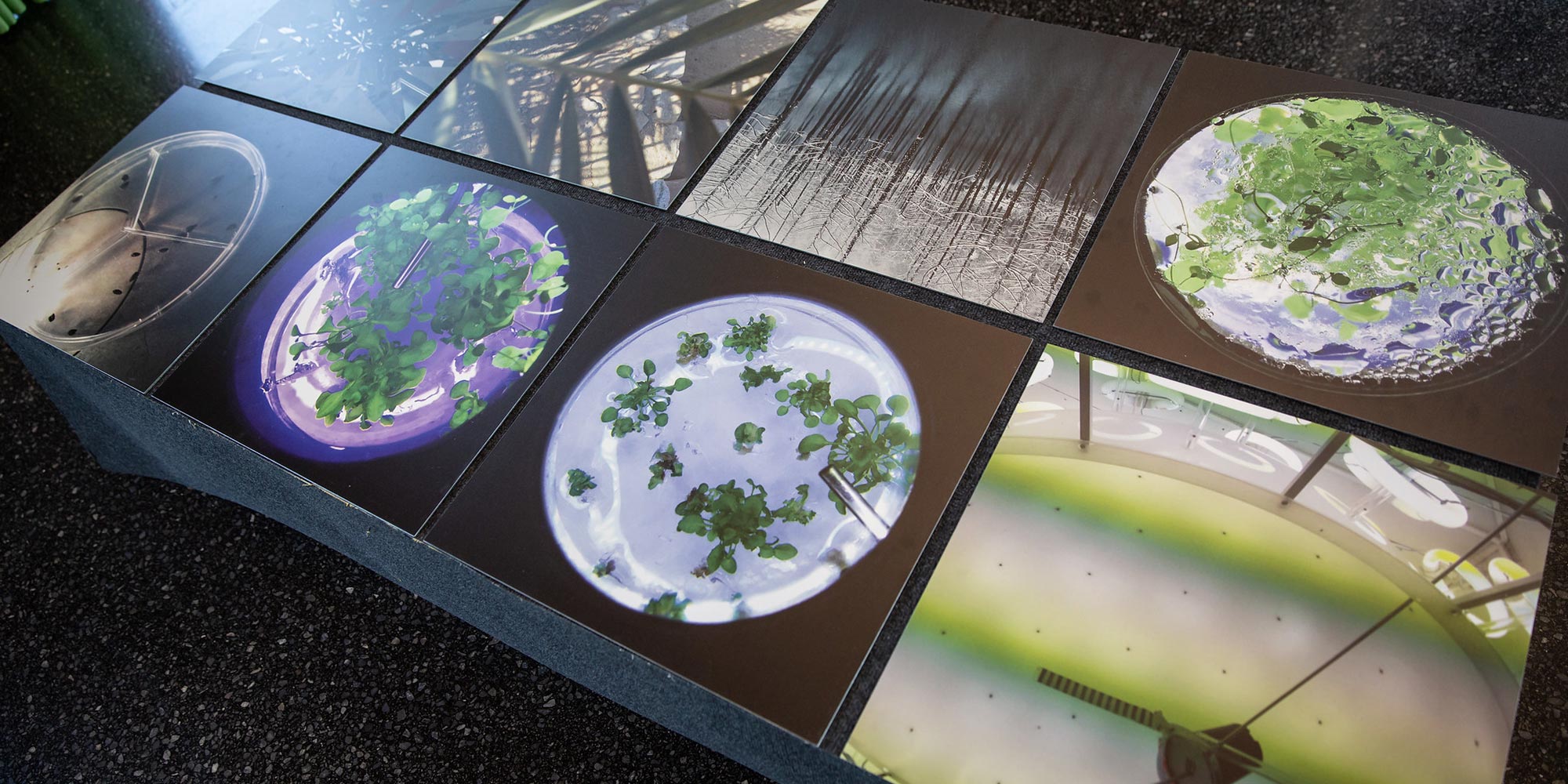
Tell me a bit about Greiner Innoventures’ approach to innovation.
Maria Molina: Greiner Innoventures is a company developing products and solutions for tomorrow, which means products beyond current core businesses, markets, and technologies. In a way, we are a lab where we conceptualise, try out and scale solutions that address future demands. We do this by pulling the future toward the present, understanding signals of change, aggregating trends and emerging technologies, and openly discussing with internal and external partners the implications and opportunities that the future may unfold.
Our focus is the long term, and for that, we implement a set of agile practices to speed up development cycles. Contrary to traditional approaches to innovation, we avoid secrecy and choose to intensively work and discuss our ideas with external partners to reduce uncertainty. Our ultimate goal is to transform future-ready ideas into reality, which means building up new companies embedded within the Greiner universe.
Your role is unique in the industry. Can you tell us a bit about it and your work at Greiner Innoventures?
Maria Molina: I’m currently heading corporate foresight at Greiner Innoventures, so I’m basically responsible for laying the ground for our incubation projects. If you are not familiar with the concept of foresight, it refers to the capability to anticipate change, to detect those drivers transforming current conditions and understand how future scenarios may look like. So, my role is to set the tools and the methodologies that enable us to leverage insights from the future, be it emerging technologies or social and market trends. By exercising foresight, we identify promissory fields of innovation where new and radical ideas have the potential to emerge.
Changes need to be made at multiple stages of the plastic life cycle, starting with manufacturing. In your opinion, what are essential changes we need to make now in plastic production, and how do you work towards implementing these changes at Greiner?
Maria Molina: I would even step back before manufacturing. The main transformation needs to happen in the early stages of product development: in design. We need to advocate for rational use of resources in the very conceptualisation of the product. Perhaps we even need to develop new aesthetic languages – not necessarily minimalistic – that promote eco-design principles such as disassembly, interchangeability, repairability, and recyclability.
At the manufacturing level, we have been working intensively on the transition to green energy and, in general, on reducing the consumption of resources. We have been tracking our emissions and have set the goals to cut them on a global scale in each Greiner facility worldwide, which represents more than 60 locations.
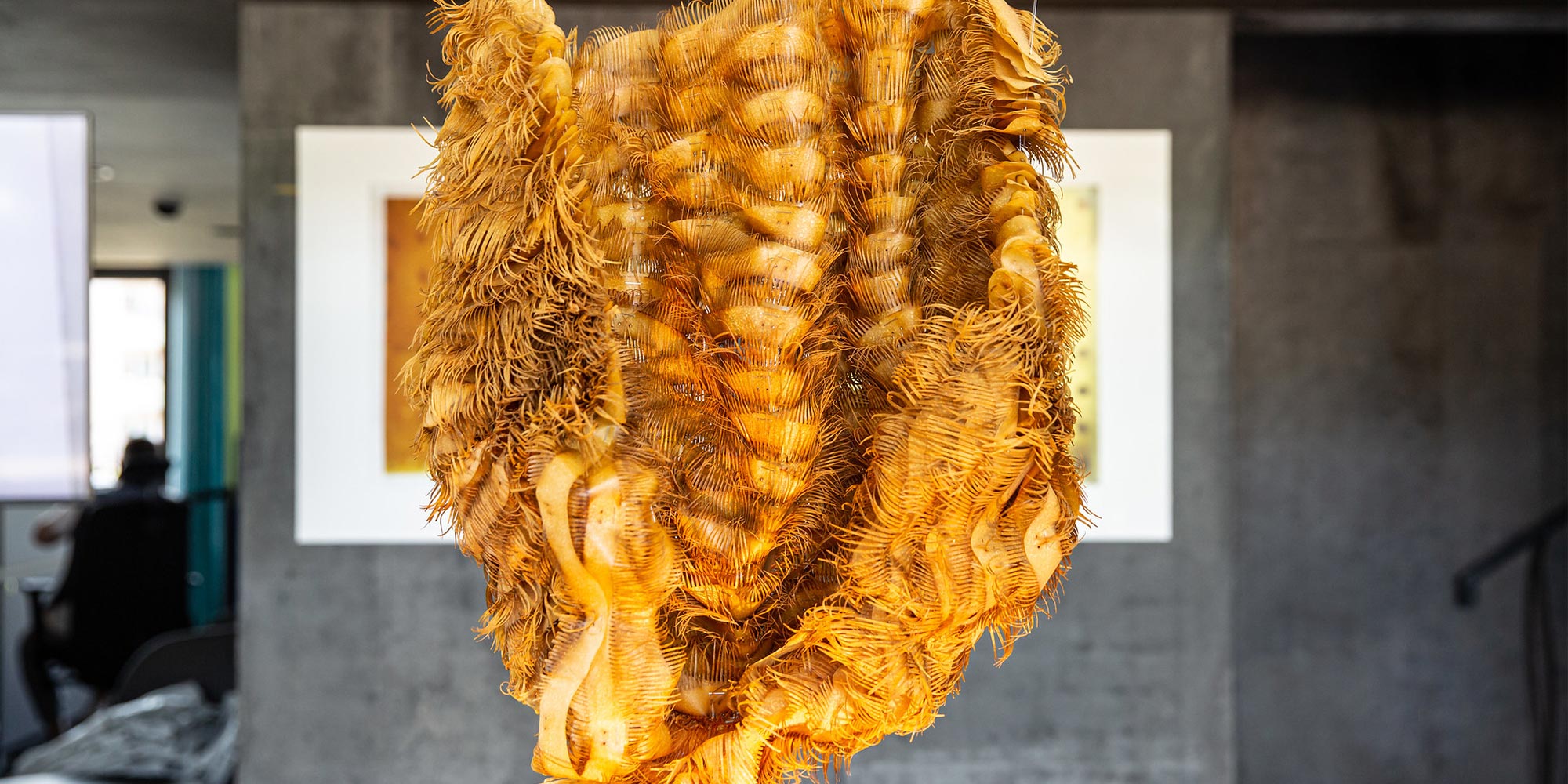
Production is not the only problem. The following stages of plastics’ life cycles, how we use and dispose of them are potentially even more problematic. What do you think needs to be done to manage the entire life cycle better?
Maria Molina: Here again, we need to integrate the concept of end of life at the early stages of product development, at the conception phase of a product. If a product is not designed to be recyclable from the very beginning, it will not be recycled by the end of its use phase. During the product development phase, life cycle assessment also needs to be integrated to fully understand the footprint and the consequences of the product.
On the other hand, recycling infrastructure must be enlarged, and consensus among the plastics industry regarding material selection needs to be achieved to reach higher recyclable materials quotas. Think about recycled content: virgin materials are far cheaper than recycled content, partly due to the low availability of recycling content, which should not be the case. Therefore, it is imminent to come to collective solutions for a problem that concerns the collective, not just individuals.
The last years have seen the rise of new technologies and applications such as digital watermarks or even the blockchain coupled to low-cost sensors; these are meant to facilitate the traceability of the life cycle of a product and even the sorting at the recycling plant. Nevertheless, the adoption of these technologies is still limited, and some have not yet reached commercial scale. I bet that we will see more of these solutions in the near future.
In a world going through a climate emergency, many fingers point at plastics as one of the leading polluters and contributors to this crisis. An article published by Springer Link in November 2020 about the increased plastic pollution during COVID 19 criticises the industry’s and policymakers’ attitudes towards plastics. Still, it ends by saying: “plastics are important because they provide many advantages, yet instead of demonising, we should learn to use plastics responsibly.” In your view, what can be done to change the culture around the use of plastic and whose responsibility is it?
Maria Molina: I agree with that statement. Plastics have many advantages over other materials, and in many cases, they are even more sustainable while in use. In this regard, there is plenty of scientific evidence backing this premise. Nevertheless, if plastics are not collected and reprocessed or recycled after use, the consequences are the tragic images we all know of bags, bottles and all kind of plastic products damaging entire ecosystems. In this sense, recycling must become the norm to guarantee that plastic materials keep flowing in circularity and remain valuable. Although, I know it is easier said than done. The world has become plastic dependent in many areas, yet the availability of recycling infrastructure and proper waste management around the globe is quite imbalanced.
And yes, plastics are valuable materials, waste pickers walking every day on the streets of Medellín or New Delhi have known that for decades. They make a living out of sorting what others believe is just trash. So, what I want to stress is that we need to find solutions that adapt to different economic and social circumstances, and that implies an articulated work among diverse stakeholders including local and governmental authorities, producers, recyclers, scientists, and consumers.
If the efforts to this end were to fail, we can expect disruption from other materials offering similar qualities to plastics but with a friendlier and healthier end of life.
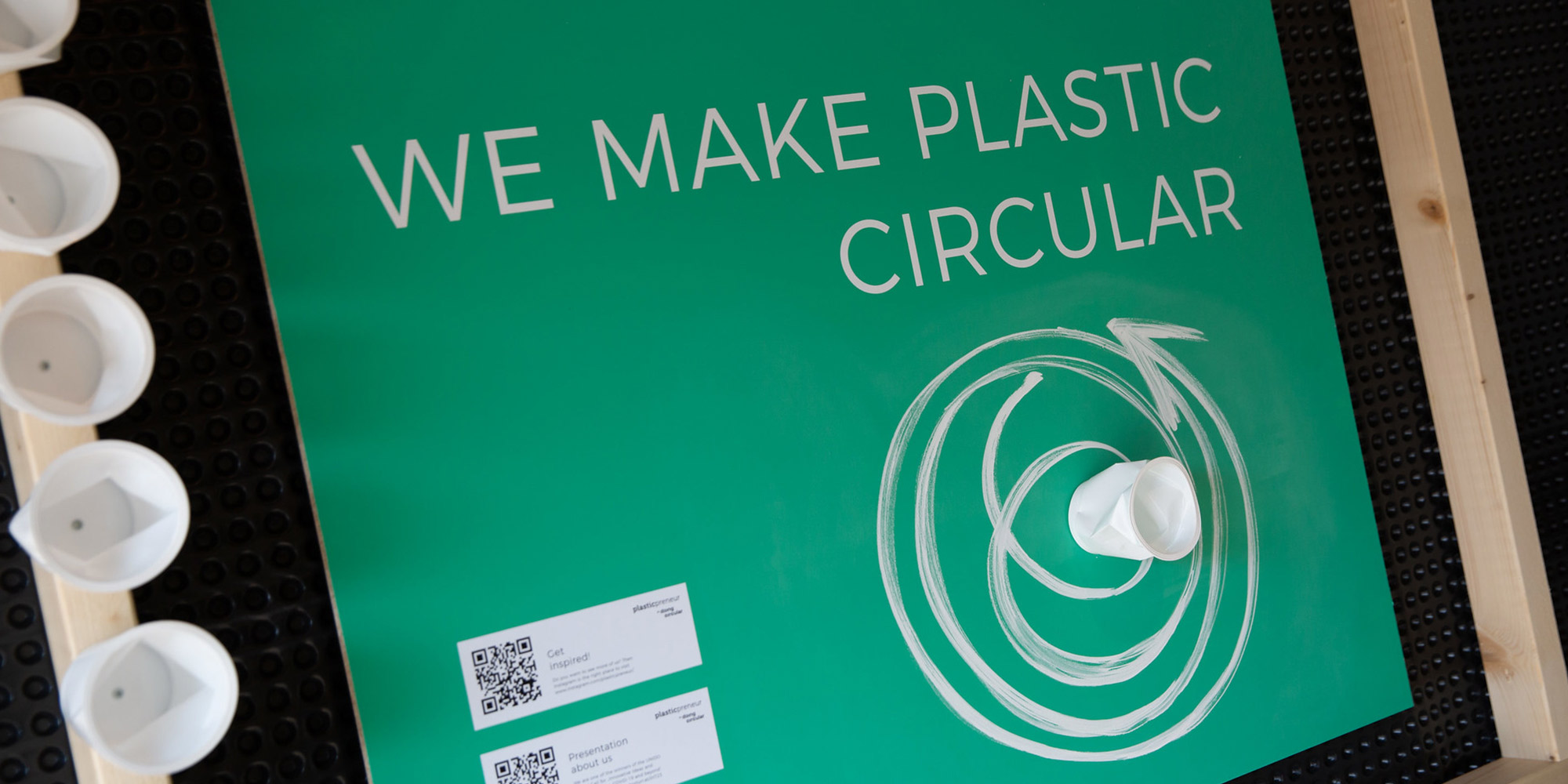
The climate crisis is now ubiquitous in the media around the world. Some voices say we are making progress in tackling it, while others say we are not doing enough. Are you optimistic or pessimistic about the future? In your opinion, who is doing enough and who should be doing more?
Maria Molina: I kind of have mixed feelings. On the one side, I feel optimistic, I see strong voices raising attention and demanding more action, I see self-organised communities restoring nature, every day I see new startups betting for the development of clean technologies and new materials from renewable resources. I see newcomers disrupting traditional and unsustainable business models, and I see lots of companies setting concrete targets and reflecting on their footprints.
Nevertheless, the Antarctic or the Amazon seem too far for most of us to sense the reality of how those ecosystems are transforming as a consequence of climate change. I, however, come from one of the most diverse countries (Colombia); I have seen and experienced the rapid disturbances in nature and, as an outcome, the displacement of entire communities. We definitely need to do more. Emissions are on the rise, and as IPCC scientists have warned us: we need to drastically reduce them if we want to avoid catastrophic outcomes.
Who should do more? Well, it takes all of us to repair our present. However, and as recent studies have revealed, big economies and industrialised nations have historically had a bigger contribution to this climate crisis, therefore I believe that those countries should push forward ambitious initiatives to put the restoration of our planet upfront in their agendas, and of course, allocate the required resources to do so. Companies, on the other hand, need to become way more proactive and less risk-averse. It is necessary to inject capital to accelerate the transition toward clean processes, sustainable products, and business models. The race for innovation is the race for sustainability.
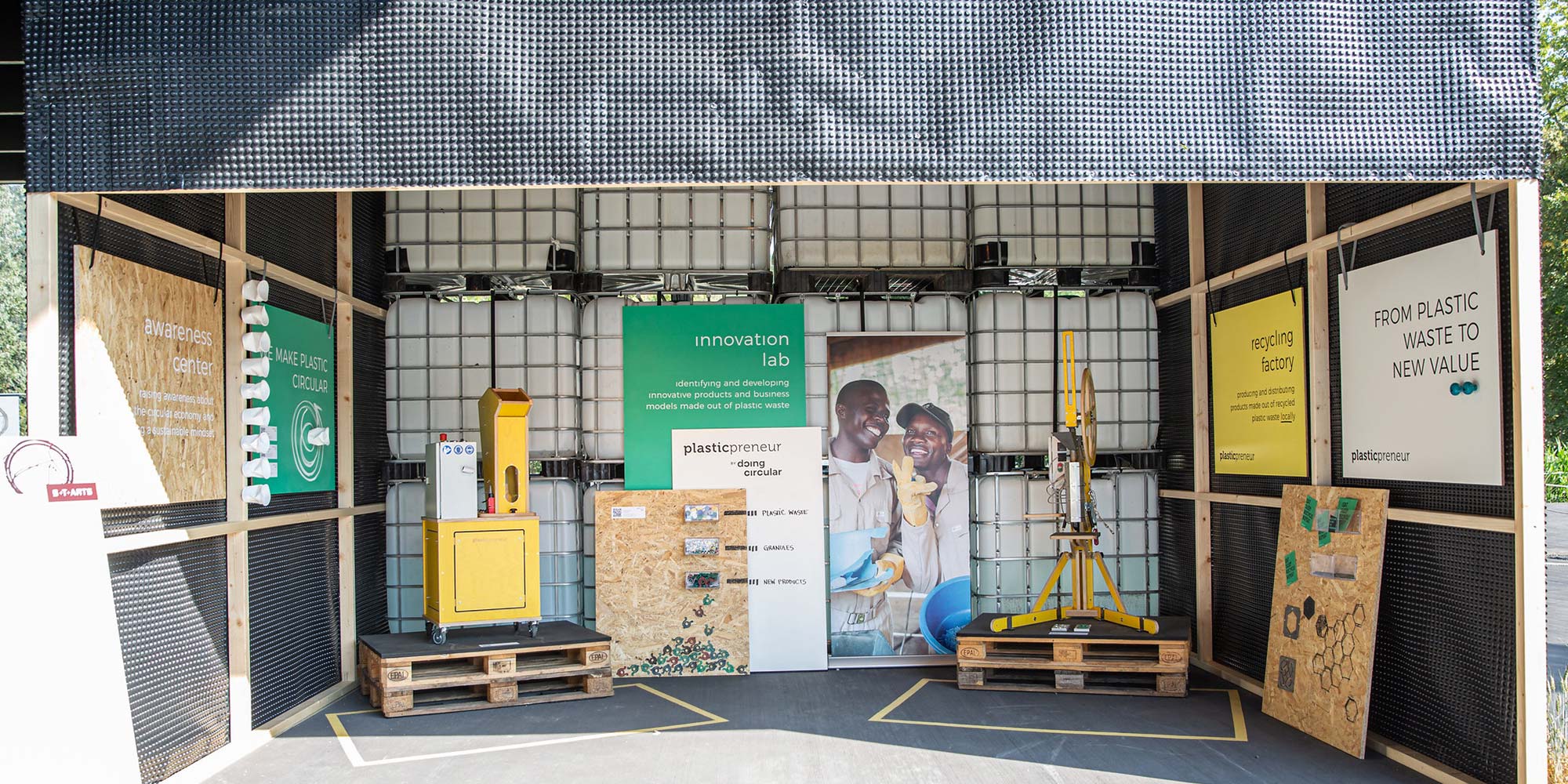
What motivated you to team up with Ars Electronica to host a fellowship and involve an artist in the innovation process?
Maria Molina: Well, precisely because Ars Electronica brings in its DNA this mix of disciplines to jointly discuss courses of the future, it is a hub where technology, society and arts converge to stimulate new forms of thinking. As I mentioned right at the beginning of this interview, we are interested in discovering and understanding signals of change, and this may imply integrating perspectives that might seem not so obvious, such as the artists’ vantage point.
This year’s fellowship involves a consortium of different actors from the upper Austrian region, which gives us the possibility to create synergies, exchange knowledge and learn along the process.
In my role as representative of the industry, I’m especially excited to be part of a project that has no clear outcome, at least not at this point.
How do you see artists contributing to innovation processes?
Maria Molina: Innovation is oftentimes about reframing. And artists, oblivious to the industry’s practices and constraints, have the freedom to completely envision new schemes to bring plastics into a circular flow. Coming from a different context, artists can infuse new perspectives and reflections that might be out of our sight. It could be a challenging process. In any case, we will jointly walk a learning path, and we are excited to start this journey!
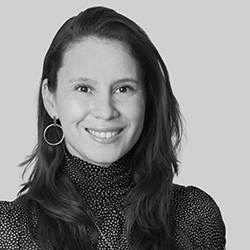
Maria Molina is born in Bogotá, Colombia. Industrial Designer from the Universidad Nacional de Colombia, MSc from the University of Applied Sciences Oberösterreich, currently researching on Corporate Foresight in the frame of her PhD in the Johannes Kepler University, Linz. At Greiner Innoventures, Maria is responsible for the process of observing and analyzing the forces that are shaping our future, and their implications for Greiner. Furthermore, it is her duty to widely spread and discuss across the organization possible courses toward a resilient future. In this role, she is not only interested in the technical, scientifically or social changes transforming our world, but also in trends and movements emerging at the fringe with the potential of awakening waves of global change (e.g. cultural manifestations or local communities’ initiatives).
